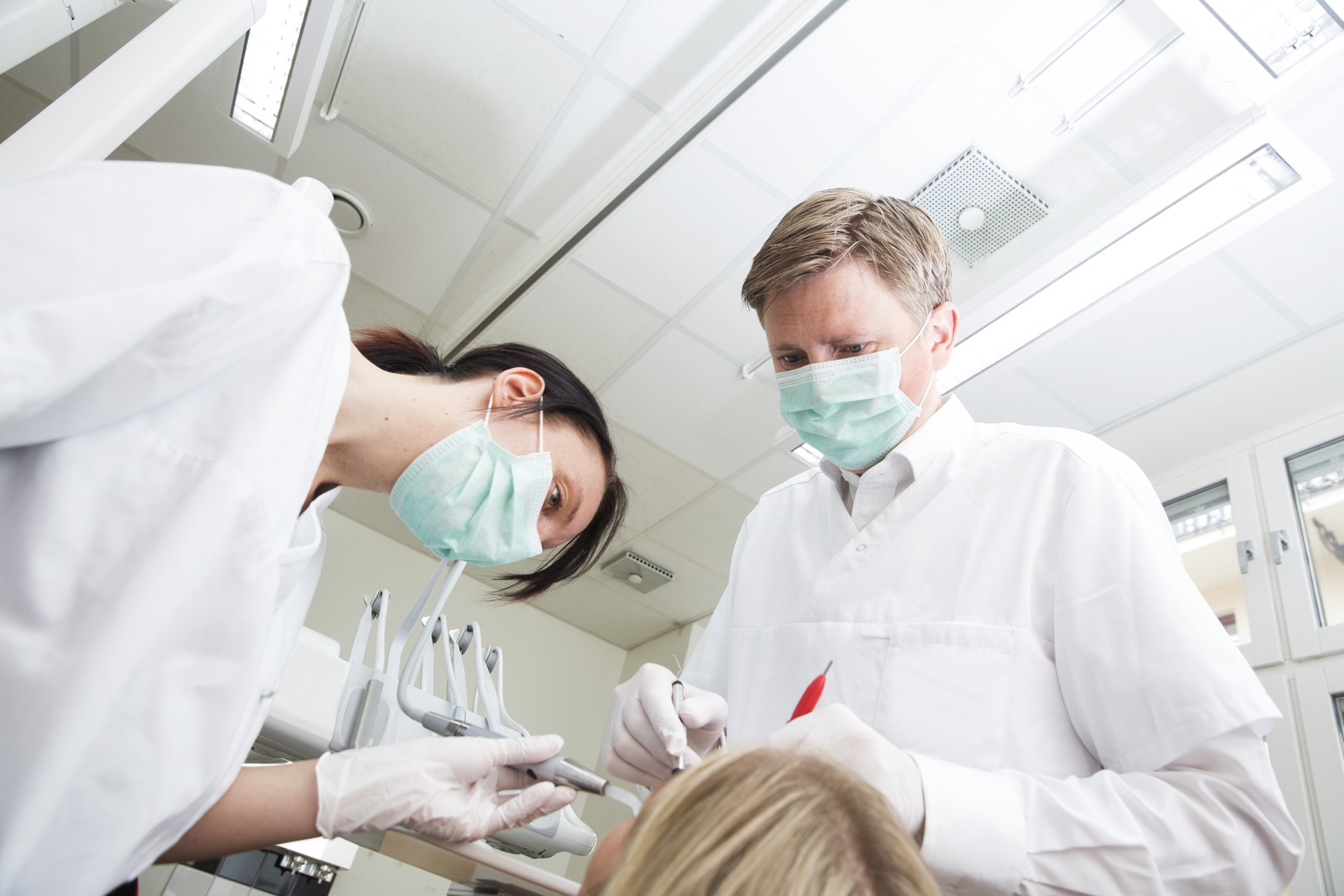If you are scared of going to the dentist, especially when you must get an oral treatment, sedation dentistry is here to help. Would you prefer to visit a dentist’s clinic or go through the misery of a toothache? It’s not just you. Many patients with severe dental phobias would rather not receive any care.
Sedation dentistry in SE Calgary may help patients who avoid the dentist like the plague feel less anxious. Everything from invasive treatments to routine dental cleanings can benefit from sedation.
Understanding Sedation Levels and Techniques
Based on the dental treatment or the patient’s level of anxiety, several types and amounts of sedation dentistry near you may be employed.
- The different levels of sedation: little sedation keeps the patient calm but awake and alert.
- The patient is placed in a deeper state of relaxation with moderate or conscious sedation, during which they may mumble their statements and tend to forget the operation.
- The patient is placed under deep sedation and is brought close to sleep, yet they are always awakenable.
- The patient is rendered entirely unconscious by general anesthesia.
The various methods of sedation include
- Inhaled minimum sedation: This involves having the patient breathe oxygen and nitrous oxide through a mask, allowing you to drive home after the dental surgery because the gas helps you relax and goes off quickly.
- Oral sedation: The level of sedation brought on by taking pills might range from light to considerable. You will take a tablet about an hour before the surgery for minor sedation. This medication induces sleep in the patient. To get a moderate sedative effect, a higher dose may be used. The medicine will make the patient sleepy, increasing their likelihood of dozing off throughout the surgery.
- Intravenous: A sedative is given intravenously (IV) into a vein in the patient’s arm. This is known as moderate IV sedation.
- General anesthesia: This is a form of a deep sedation, and renders the patient unconscious. It is very common in hospital settings.
Evaluating the Safety of Sedation Dentistry
No medical expert can guarantee that anesthesia is completely risk-free, as with many other things. However, it is a tried-and-true procedure, and when carried out by qualified experts, it is typically secure. Throughout the treatment, a skilled dentist near you will keep an eye on your important signs and have oxygen and medications on standby to undo the effects of the sedation.
Reducing the Dangers of Sedation
When utilizing any sedative or anesthetic, the well-being of our patients comes first. Your dentist will strictly follow all recommendations regarding sedative dosages and administration methods. Nevertheless, there are a few circumstances in which we may need to forgo sedation for a particular patient. Sedation may be impacted by certain lifestyle choices like drinking and smoking, as well as by certain drugs and medical disorders like sleep apnea. A full health history is obtained to assure every patient’s security.
Your dentist will closely monitor your blood pressure, heart rate, and other vital signs throughout sedation to ensure it is safe and effective for dental treatment.Children sometimes struggle to cope with the side effects of sedation, which can include nausea, tiredness, and dizziness. The dentist might advise that children who receive sedation dentistry stay home from school or daycare the following day and be watched by a parent or other responsible adult.
Are You Looking to Learn More About This Service?
In addition, if you have any questions or would like an explanation of the sedation and monitoring stages, our dentists in SE Calgary are pleased to do so. The comfort of every patient receiving oral care is of utmost importance to our staff, and sedation dentistry gives us choices for achieving that goal.
If you have any questions or worries concerning sedation, speak with our dentist at Heritage Smiles Dental.


